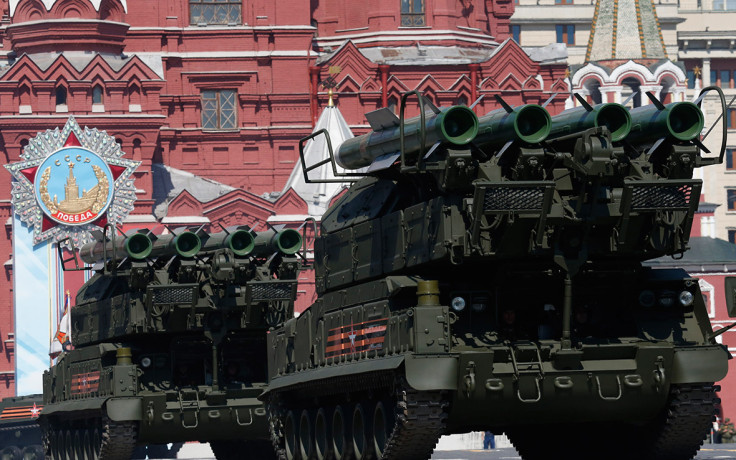Russia could overrun Nato's Baltic forces 'within 36 hours'
Think tank concludes Nato forces are six to seven times short of strength required to repel Russian attack.

Russia could overrun Nato's current military force in the Baltic in as little as 36 hours, according to a leading US defence think tank.
In a damning report, the US military-linked Rand Corporation said that Nato's forces in Estonia, Lithuania and Latvia were so mismatched with Russia's as to be "inviting a devastating war, rather than deterring it".
It said it formed its conclusions after carrying out a series of war games, exploring situations in which Russia tried to seize the capitals of Estonia and Latvia, modelled on its campaign to annex Crimea in 2014.
"The outcome was, bluntly, a disaster for Nato," the report found, with every scenario resulting in Russian forces encircling Estonian capital Tallinn and the Latvian capital Riga within 60 hours. According to some scenarios Russian forces would be able to overrun Nato forces within 36 hours.
The 4,000 Nato soldiers in Estonia and other eastern European states are currently vastly outnumbered by the 333,000 strong Russian forces across the border on Russia's western flank.
"As presently postured, Nato cannot successfully defend the territory of its most exposed members," the think tank concluded.
The report comes amid escalating tensions between the West and Russia, with Moscow recently deploying nuclear-capable missiles to its Baltic enclave, Kaliningrad, and sending a flotilla of warships down the English Channel en route to the Mediterranean.
Rand considered the options available to Nato if Russia seized Riga and Tallinn, describing them as "all bad". It said the alliance could choose to seize back the cities in a prolonged conflict, to threaten Moscow directly in an effort to force Russian forces to withdraw, or accept the development, at least in the short to medium term.
The first two options could escalate to nuclear conflict, it said, while the last would at best result in a "new cold war".
The UK will send 800 troops to Estonia in the spring, along with planes and drones. They will be backed by French and Danish forces, with Germany set to deploy 400 troops to Lithuania. Four rotating "battalion-sized" units will be deployed to Estonia, Latvia, Lithuania and Poland to fortify the four countries' defence forces.
The report claims Nato forces are five to six times short of the commitment required to repel a Russian attack, with a $2.7bn (£2.2bn) annual investment needed to bring Nato forces up to strength.
It advises deploying a force of "about seven brigades, including three heavy armoured brigades — adequately supported by airpower, land-based fires, and other enablers on the ground and ready to fight at the onset of hostilities".
"That is not a small number," Rand's report admits. "[But] it hardly appears unaffordable, especially in comparison with the potential costs of failing to defend Nato's most exposed and vulnerable allies – that is, of potentially inviting a devastating war, rather than deterring it."
© Copyright IBTimes 2024. All rights reserved.






